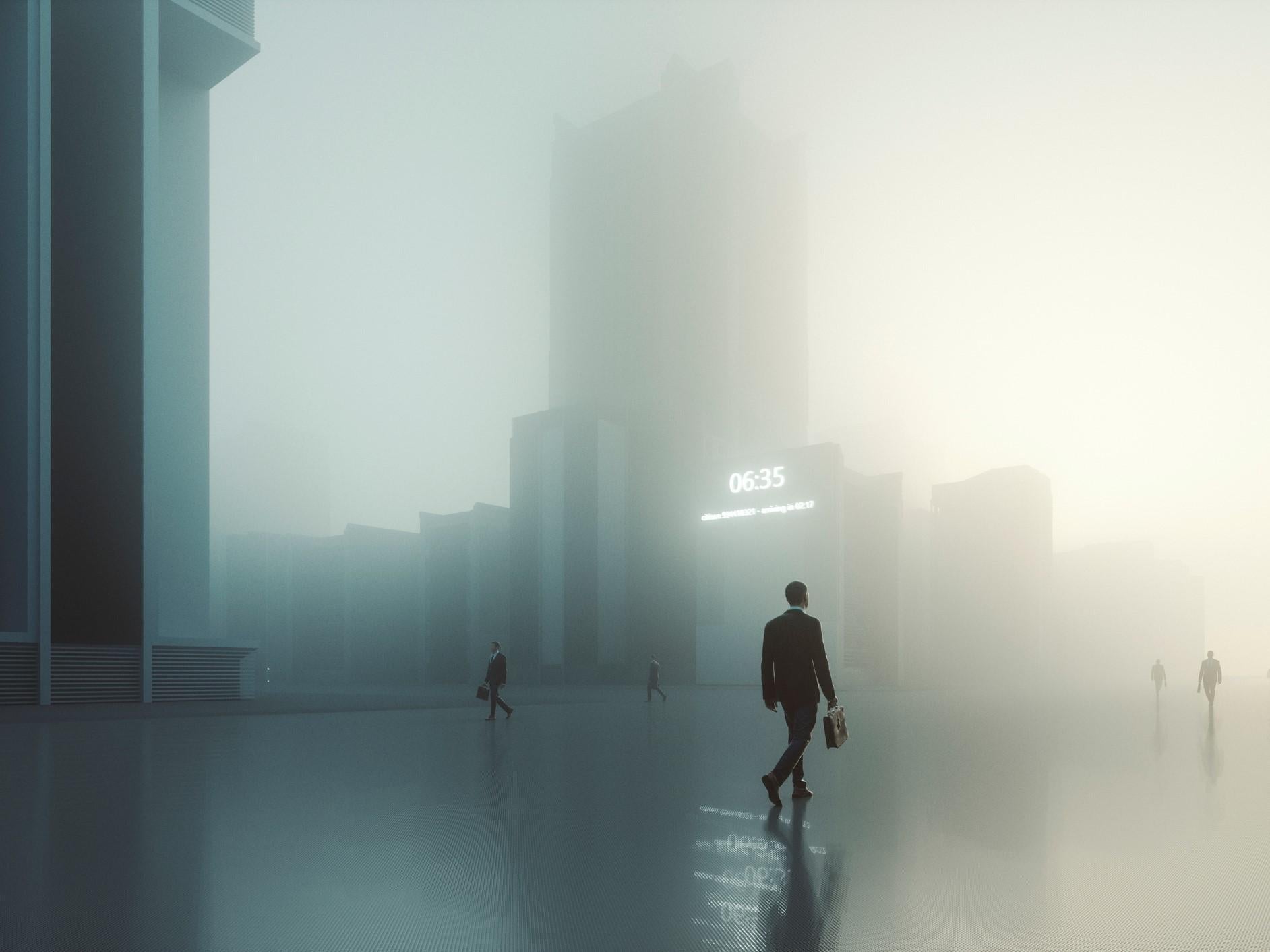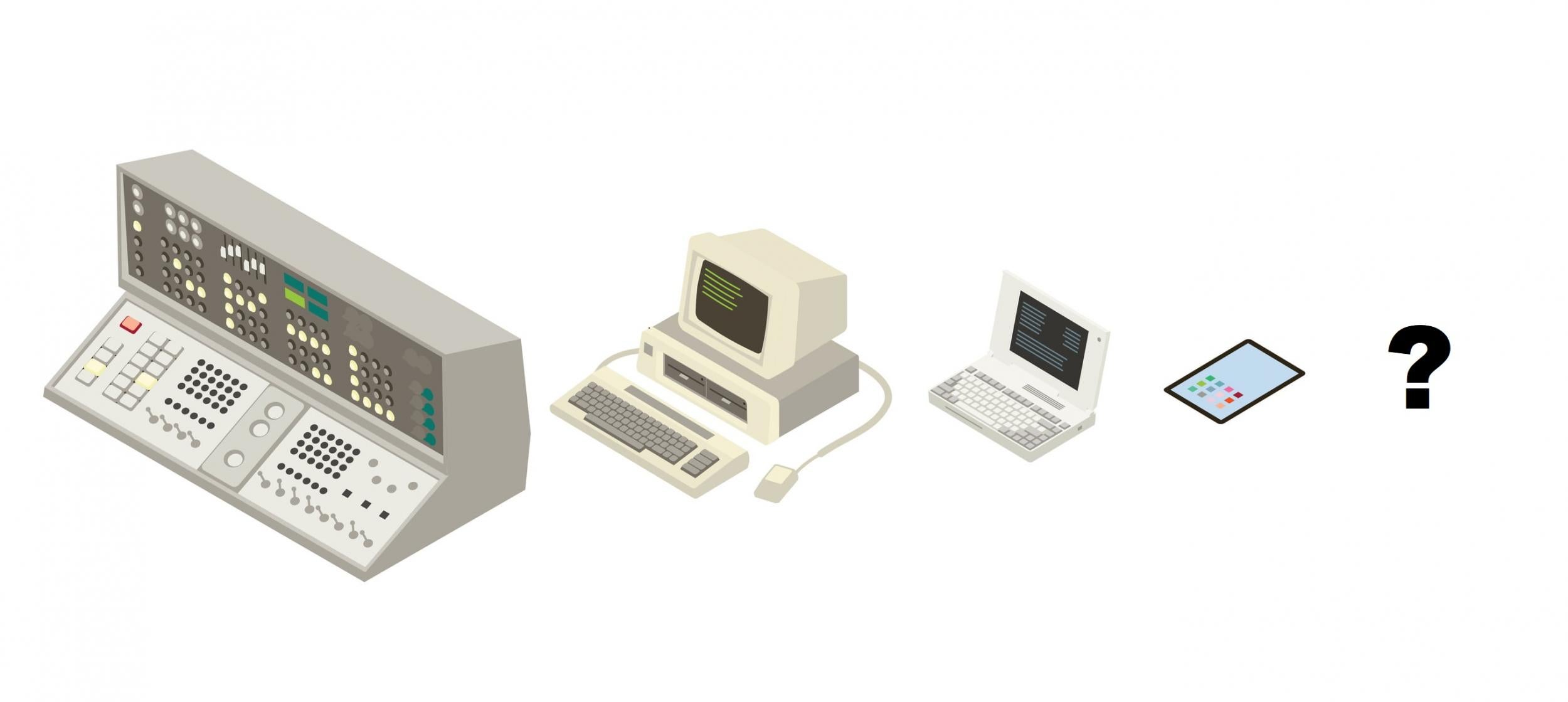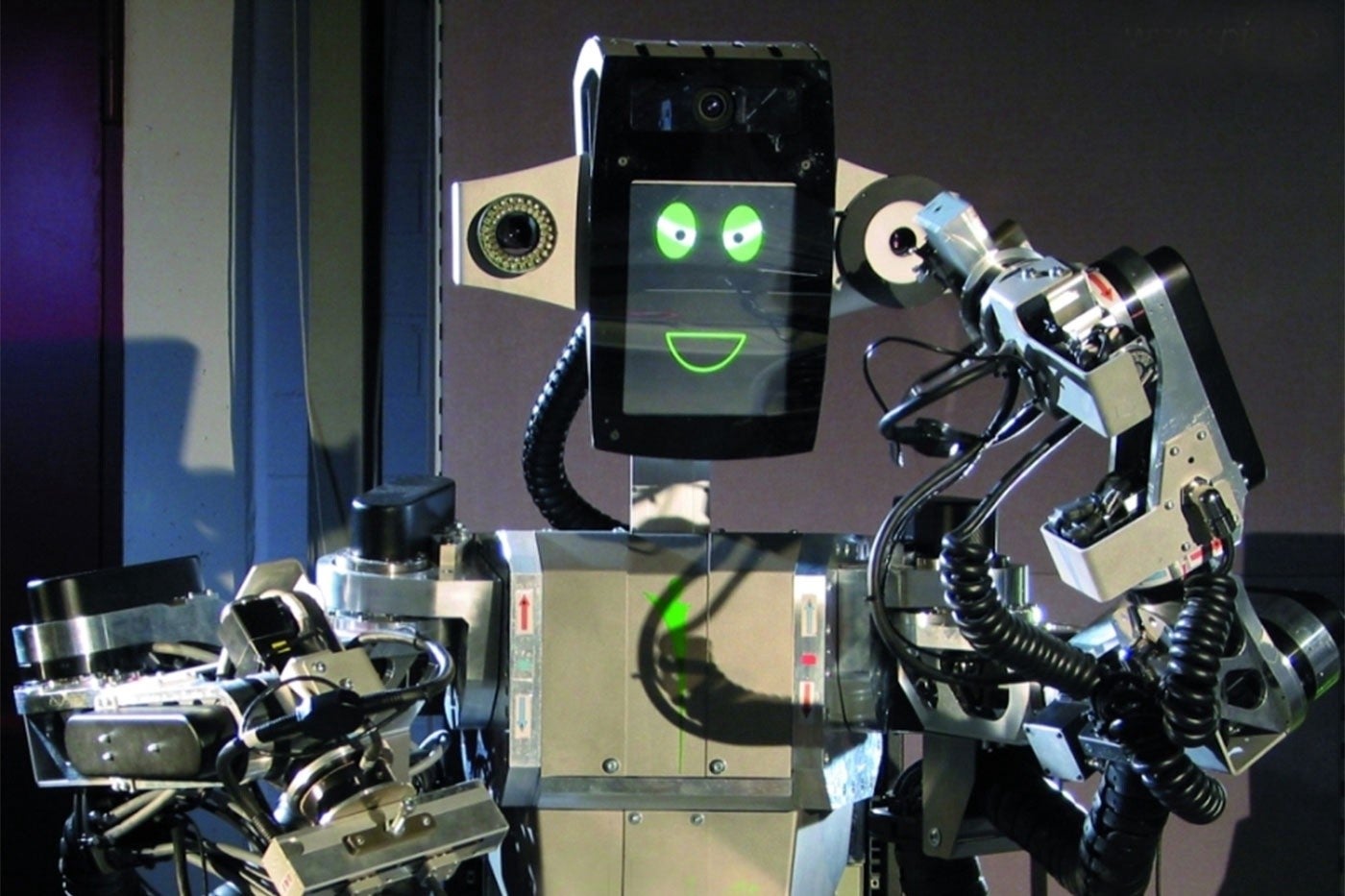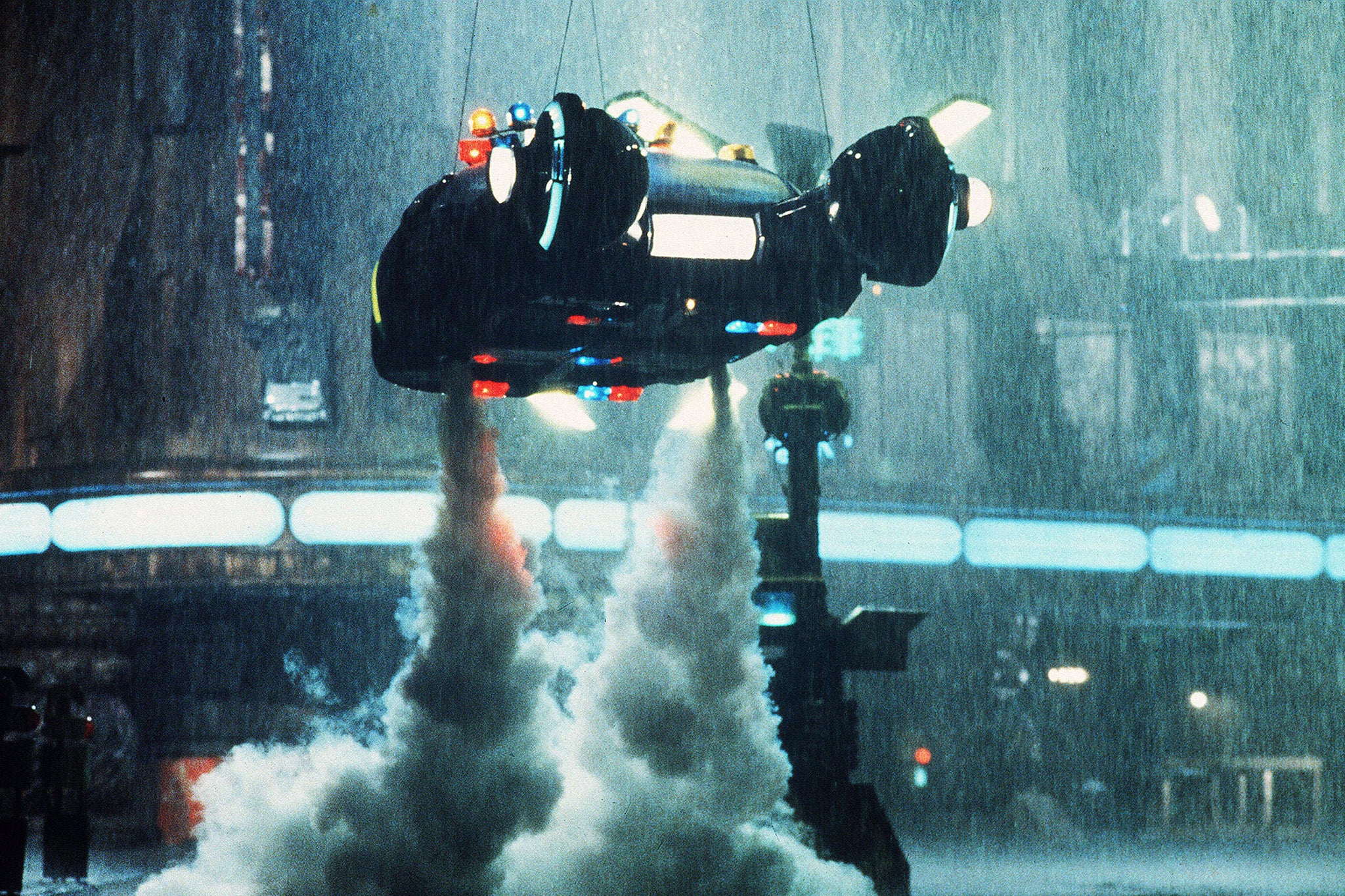What will the world look like in 2030?
In 10 years, we may be working less, paying with cryptocurrency and travelling by tunnel. Anthony Cuthbertson polishes his crystal ball and looks at how tech will transform our future


By the measure of many cultural forecasts, we are already living beyond a future that was never realised. Last year saw us pass the fictitious dystopia of Blade Runner, which foresaw flying cars and robots indistinguishable from humans. The year 2015 saw similarly unfulfilled predictions from Back to the Future II, although the film did manage to somehow call the Cubs winning the World Series after more than a century.
Cinematic prophecies may be wildly optimistic, though even science fiction has often failed to predict the remarkable technological progress of the 21st century. We now carry around the equivalent of supercomputers in our pockets, there are space rockets that can land by themselves, cars that can drive themselves, and robots that deliver our food.
Such a rate of change make predictions about the future notoriously difficult. But barring any wild breakthroughs, here’s how the evolution of current technologies could play out over the next decade.
No more smartphones
With the convergence of AI voice assistants, cloud computing, 5G and the internet of things, it may soon be no longer necessary to carry around a computer in your pocket. Smartphones have become both ubiquitous and essential over the past 10 years, allowing people to go from watching the news to ordering a taxi in just a couple of taps of a screen. But as new technologies emerge, the functionality of these electronic Swiss Army knives is beginning to feel limited.

Some believe that smartphones are simply a transitional device between the desktop computing paradigm and the “freedom computing” paradigm. This new era is already being probed by the likes of Apple, Samsung, Facebook and Google, as they branch out into brand new smart device categories. “[The] previous 10 years was the era of the smartphone,” Samsung Electronics CEO DJ Koh told The Independent earlier this year. “From this year, maybe a new era is opening because of the emergence of the internet of things, 5G, AI, and all these technologies mingling together. The new era is in front of us… Rather than smartphones, we must think smart devices. Smartphones may decline but new devices will emerge.”
He gave the example of moving from your home to your car to your office. Interconnected and multi-screen smart devices in each location will allow people to carry out all the tasks they would usually perform on their phones, without actually needing to carry one around. From watching videos and listening to music, to reading messages and dictating replies, “you can have the same experience, wherever you are,” he said.
The arrival of augmented reality eyewear, or even brain-computer interfaces further into the future, will be the final extinction tipping point for our handheld companions.
Wealth without work
The idea of universal basic income (UBI) has been around for centuries. Sir Thomas More’s Utopia, published in 1516, describes a society in which everyone is guaranteed a wage, regardless of whether they work or not. There were a few notable trials of it in the 20th century – Richard Nixon’s limited handouts in 1968 ultimately proved unpopular – but it has only been in the 21st century that the rapid rise of automation has made the concept seem truly attainable.
“A range of new technologies – AI, machine learning, natural language processing, robotic process automation, intelligent sensors, and so on – are already automating repetitive, manual, low-value tasks, freeing workers up to focus on more fulfilling activities,” Gaurav Dhillion, CEO of leading software firm SnapLogic, tells The Independent.
The biggest test of it so far was in Finland between 2017 and 2018, which unsurprisingly found that it improved the happiness and general well-being of participants. There are fears that low-skilled jobs would be hard to fill if people are receiving free money, but Finland is already employing robots in various sectors, such as waste management jobs.

There are many different ways to fund UBI but one of the most popular is to tax the robots that take our jobs. It may sound absurd but taxing robots has the backing of some of the world’s most influential capitalists, including Microsoft founder Bill Gates. “If a human worker does $50,000 of work in a factory, that income is taxed,” the billionaire said in a 2017 interview. “If a robot comes in to do the same thing, you’d think we’d tax the robot at a similar level.”
Around the time of Nixon’s trial, Time magazine predicted “machines will be producing so much that everyone in the US will, in effect, be independently wealthy”. The article suggested the average family could earn around $300,000 in today’s money without lifting a finger. This may still seem like a utopia, but it could take just one successful large-scale scheme for governments around the world to realise the benefits and adopt universal basic income.
Cryptocurrency is mainstream
Predicting cryptocurrency will soon be a mainstream form of payment is something I’ve been doing since at least 2014 – and it still hasn’t happened. Bitcoin may have hit staggering price highs but it’s yet to be used on any significant scale beyond the dark web. Developments in 2019 mean cryptocurrency’s use as a common currency by 2030 is surely – probably, maybe – assured. Bitcoin may be the biggest and most famous right now, but it’s unlikely to remain that way.
The undeniable benefits of cryptocurrency have caught the attention of both multi-national corporations and the world’s biggest economies. Should any of these ventures succeed in launching, then favourable regulation and greater commercial acceptance could see this prediction, finally, come true.
An end to airport queues (and privacy?)
Air travel is simultaneously one of the biggest conveniences and inconveniences of the modern era. On short-haul flights, the check-in and security process can often take longer than the journey itself. The introduction of biometric passports and mobile check-ins has already helped streamline the airport experience a little bit, but the next 10 years could see the end of snaking queues and shoe-removing security checks for good.
Air transport software company Sita predicts that going through security will simply be a matter of walking along a corridor. “Passengers and their bags will be recognised automatically,” says Sita director Benoit Verbaere. “Hard checkpoints will be replaced by sensor corridors, making physical document checks obsolete.”
Such automated efficiency will come at the cost of sharing facial and other personal data with authorities. Wanting to keep hold of your privacy in an increasingly digitised world will become the inconvenience. And all of that assumes there will be flights still flying, and travellers still taking them. Recent years have seen a vast growth in people opting out of flying at all for environmental reasons – and without changes to the way planes are fuelled and fly, that trend seems likely to continue.

Flying cars (sort of)
This may be one of the most popular tropes of science fiction, but they really are finally coming to fruition. A crop of flying car – or vertical take-off and landing (VTOL) vehicle – start-ups have sprung up in recent years, such as Lilium and Aeromobil, while established transport heavyweights like Airbus have also shown an interest in the technology. Uber even has plans to expand skywards through its proposed Elevate network. “Just as skyscrapers allowed cities to use limited land more efficiently, urban air transportation will use three-dimensional airspace to alleviate transportation congestion on the ground,” Uber engineers wrote in a white paper outlining the firm’s vision for on-demand flying cars.

But the idea of buzzing around in the sky to avoid traffic jams is highly problematic. If it were to ever work it would need to be automated and highly regulated, though even then it would probably only ever be suitable for wealthy people travelling on limited routes, such as between hotels and golf courses. The solution to soul-destroying traffic is indeed to think three-dimensionally, according to serial entrepreneur Elon Musk, but three-dimensionally in the other direction. His latest start-up is The Boring Company, which is already planning tunnel networks under Los Angeles to alleviate congestion on the roads above. This may end up being a more viable solution. As the start-up’s site bluntly states: “Unlike flying cars, tunnels are weatherproof, out of sight and won’t fall on your head.”
Join our commenting forum
Join thought-provoking conversations, follow other Independent readers and see their replies
Comments